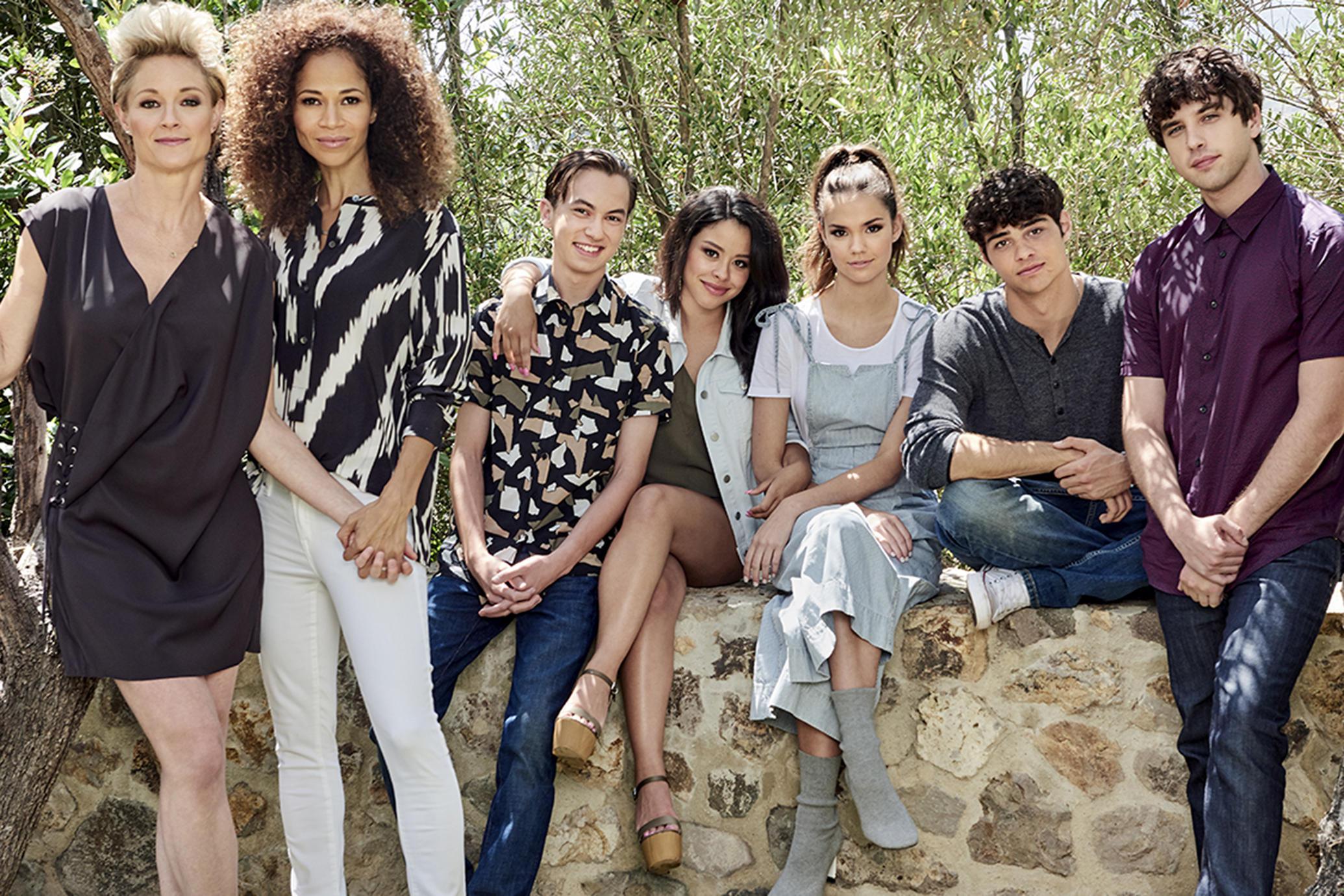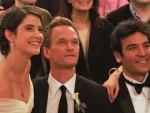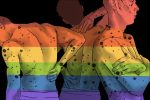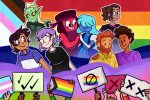“The Fosters” is now entering its final season. The show follows the lives of the Adams Foster family consisting of an interracial lesbian marriage, multicultural foster children and a biological son.
It promotes cast diversity and raises awareness of social issues, such as addiction and the drawbacks of the foster system. Not only did the show start off by highlighting gay rights, but it also normalizes gay marriage, portraying it as stories would of a heterosexual marriage, which of course isn’t all sunshine and rainbows.
To emphasize its success, the show has taken home multiple awards throughout the years, including the 2014 Gay & Lesbian Alliance Against Defamation (GLAAD) Media Award, 2015 Broadcasting Music Inc. (BMI) Film & TV Awards and 2014 and 2015 Television Critics Association Awards.
While “The Fosters” is not the typical show that just depicts the lives of high-schoolers or the romantic relationship that they all get, it exposes today’s social injustice and here are the specifics, along with reasons to binge the series.
Plot
The plot deals with countless important issues like foster care, drug addiction, sexuality, rape, euthanasia and undocumented immigrants. Rather than avoiding these issues, the show confronts all them at one point or another.
For example, the show depicts two moms who have both been ostracized by their community due to their sexuality or skin color. Sharing multiple platforms with those who have been traumatized or at some point rejected, the characters become three-dimensional through thought-provoking dialogue and relatable experiences.
In addition, the plot illustrates the gradual healing of the characters, as overcoming trauma cannot be possibly done overnight or within a couple weeks. Simultaneously, at the very core of the show, it highlights that respect and trust are earned rather than simply given.
The show even further explores the psychological after-effects of abandonment as well as exhibits the continuous problems with the foster care system. More specifically, it gives its audience an inside look into privatized foster care, in which state and local public welfare agencies have private companies manage child welfare services to one vendor. This can lead to further neglect and abuse of children, which can be affirmed in California and Florida’s privatized foster home experiments.
On a lighter note, rather than avoiding “the birds and the bees” or preaching abstinence, the adults openly discuss sex and remind their children to use condoms in order to be safe. Ultimately, even though justice is not always served in the favor of the characters, the show encourages others to speak up and share their truths with the world.
Controversial and “Brushed Under the Rug” Topics
Abortion and euthanasia are still currently polarizing topics due to differing values or religious reasons. In terms of the former, the show displays the unexpected pregnancy of a main character’s girlfriend who is simultaneously battling anxiety, allowing viewers to empathize with the character as she questions her decisions as a potential mother.
Moreover, there is a discussion on the usage of contraceptives and morning pill. When discussing euthanasia, the show uses proper language like “pulling the plug” for someone who was fighting cancer ever since the time of her childhood.
While rape, drug abuse, sex changes and sexuality are still brushed under the rug in other mainstream media, the show does not shy away from these matters. Generally, regardless of the situation, the two mothers provide their children with love and support.
For instance, when the foster teen Callie Jacobs confesses that she had been raped by her previous foster brother, her moms immediately rush her to the authorities in order to claim her justice. Without any doubt, the moms encourage open communication and want the best for their children despite blood relations.
Promotes Cast Diversity
Coming from different backgrounds, the characters all have different personalities and dilemmas that make the series more compelling and relatable. Including the contemporary audience and sharing a platform to promote empathy, the audience is reminded in each episode that representation does matter.
The foundation on which the show is set highlights the family relationship among foster children and lesbian interracial marriage, which illustrates that women are capable of running a household alone despite the belief that they need a husband. Not only does the marriage demonstrate female empowerment, but also demonstrates that love goes beyond the color of a person’s skin.
Early in the series, the show displays the importance of cultural heritage, which can be seen when the moms plan a Quinceañera for one of their foster children named Mariana. At the same time, Mariana is depicted as a stereotypical high-schooler who constantly gossips and gives into peer pressure to fit in with the crowd.
On a larger scale, she exemplifies that one uneasy period of our lives in which people as youths don’t know who they are or where they are going. At the same time, she does make some headway as the Robotic Club president, which greatly represents how women of color have the ability to pursue STEM majors as well as disprove the stereotypes that women belong in the kitchen.
Encourages Therapy
As suicide rates reach an all-time high in the modern age, it becomes the second leading cause of death for 15 – 34 years old. Because of these statistics, it is crucial for individuals to seek help. Unfortunately, because seeking therapy is still frowned upon and stigmatized, the show instead illustrates its imperative importance and worthwhile purpose.
The show not only recommends those who are severely depressed or have suicidal thoughts to attend therapy, but it also recommends those who are experiencing panic attacks or experiencing trauma to attend as well.
The show unquestionably supports the decision to reach for help even after erratic events, such as having a gun pointed at your head, for they are not taboo or signs of weakness, but rather part of the human experience. While “The Fosters” is a remarkable show that confronts controversial topics and relates with its audience, it leaves you with tears and reaching for more tissues.

















